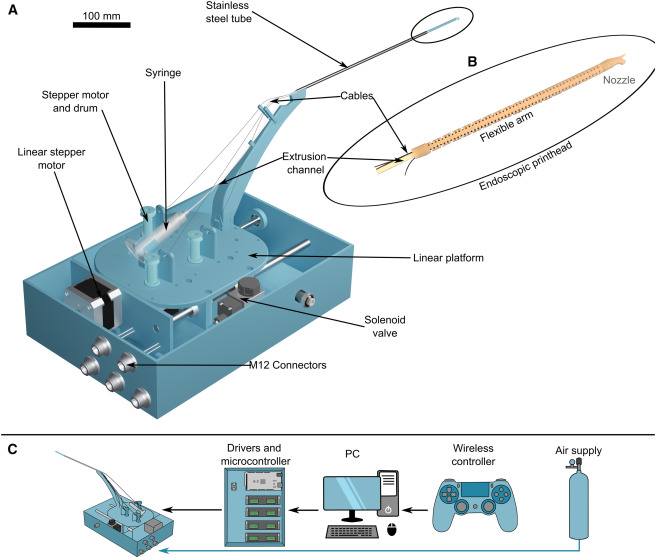
Date:2024-07-08 14:37:39
Artificial intelligence, as a new frontier of global economic growth, has received much attention at the 15th Summer Davos Forum. At the Stakeholder Dialogue Forum on "Are Countries Ready to Embrace Artificial Intelligence?", guests expressed that seizing the key elements of artificial intelligence development, ensuring energy security, and formulating more effective governance plans are crucial for promoting the healthy development of artificial intelligence.
No matter how artificial intelligence develops, "human" remains a key element. Artificial intelligence touches on all aspects of social development and is widely embedded in daily production and life. How to correctly understand and properly use artificial intelligence is a problem that we must face and think about. "To guide people to have a correct understanding of new technologies and effectively use them," said Ahmad AI Hanandeh, Minister of Digital Economy and Entrepreneurship of Jordan. Cultivating talents in the field of artificial intelligence is a common problem faced by countries around the world, which requires long-term reform of the education system to integrate more knowledge and skills related to digital technology into teaching content. He said that the speed of skill improvement is often slower than the speed of technological development. It is necessary to think about which skills are oriented towards the future and cultivate relevant talents in a targeted manner.
Erika Kraemer Mbula, an economics professor at the University of Johannesburg, said that many startups in Africa promote artificial intelligence applications from various fields, and local companies continue to explore artificial intelligence technology, contributing to local talent cultivation.
With the rapid development of artificial intelligence, energy consumption is a common challenge facing the world. "For all countries, as the next generation of technology approaches, it is necessary to explore more efficient ways of using energy to ensure that technological development is not constrained by energy." John Lombard, CEO of NTT DATA Asia Pacific in Japan, said that a technology that generates electricity through light is currently being explored to reduce carbon dioxide emissions, effectively ensure energy security, and reduce data latency and other issues.
"Renewable energy is crucial for the development of artificial intelligence. Africa's use of renewable energy is very limited, and its application is characterized by small-scale, decentralized, and fragmented characteristics. We need to integrate renewable energy to achieve larger scale applications." Erica Kramer Mbra said that Africa is also exploring innovation, and there is a large amount of investment to promote the promotion and application of renewable energy. We believe that the development prospects of renewable energy in the African region are broad in the future.
How to guide artificial intelligence to achieve stability and progress within secure boundaries? "Strengthening technological regulation and ensuring data security is of utmost importance in the development of artificial intelligence," said John Lombard.
"The scale of the digital economy will gradually expand, promoting sustainable development in various fields and bringing more informal employment opportunities. We need to create a friendly development environment as much as possible and promote the healthy and orderly development of artificial intelligence." Ahmed Hasnand said that there will be new problems waiting to be solved, and effective governance methods in the past may not be effective in the future. We need to constantly learn and think, and have a clearer understanding of the development process of digitization and intelligence. In the governance process, it is necessary to not only implement existing regulatory frameworks, but also formulate measures to address detailed issues in development.
"The pace of technological development exceeds the speed of regulatory system development, and laws and regulations require longer time to respond to technological changes. This is a process of catching up with each other. Artificial intelligence brings diverse problems and risks, and no department's supervision can cover all problems. This puts regulatory work in more challenges, and collaboration between departments is particularly important." Xue Lan, a senior professor of humanities at Tsinghua University and dean of Su Shimin Academy, said that the government needs to establish more flexible mechanisms, keep up with the times, innovate, and promote policy formulation and technological development to move forward side by side. It is difficult to establish a comprehensive institutional system in the short term, but it is possible to develop targeted laws and regulations based on certain scenarios.
"The government should strengthen communication with enterprises, social institutions, and the public, develop policy oriented experimental projects, and explore promotion models," said Erica Kramer Mbra.
In the process of artificial intelligence development, no country can act alone, and international cooperation is crucial. "The risks of artificial intelligence objectively exist. For a country, regardless of whether it is affected by geopolitical, technological competition and other factors, promoting the healthy and orderly development of artificial intelligence is beyond doubt. In the process of artificial intelligence development, China and the United States face some similar challenges and need to strengthen cooperation and jointly respond." Xue Lan said. (Reporter Zhang Xiao)
Source: Economic Daily





